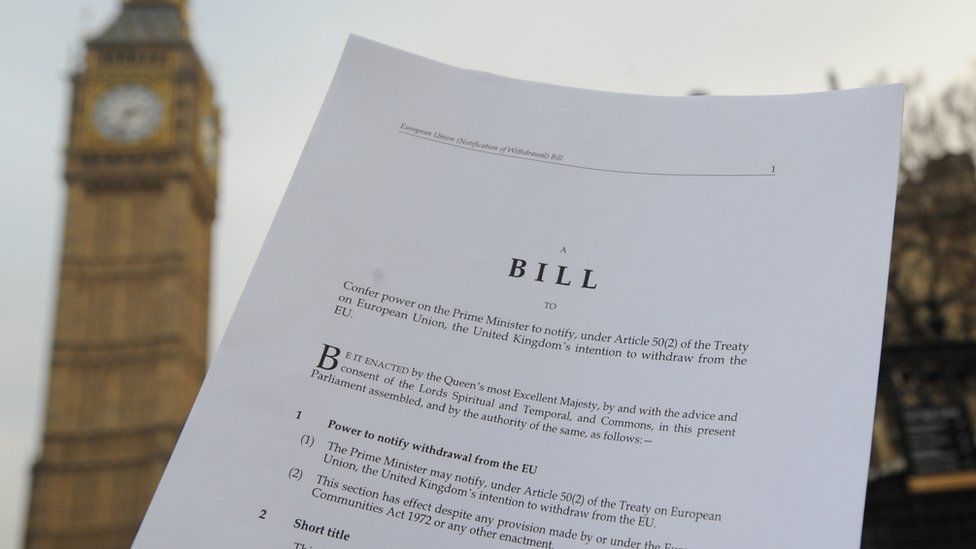UK (Parliament Politic Magazine) – The United Kingdom has a long history of a type of government where laws are made through a careful process. This process makes sure that many different ideas are considered and that the people’s voices are heard. Let’s look at the steps for how a law is made in the UK:
Step 1: Writing and Introduction
First, the people who work in the government or in the House of Lords can come up with an idea for a new law. They write down this idea and make it official. Then, this idea is introduced in the House of Commons or the House of Lords, which are two important parts of the UK government. In this step, they just talk about the main goals of the law and don’t discuss all the details.
Step 2: First Discussion
Next, the members of the House of Commons or the House of Lords talk about the main ideas of the law. They discuss whether the law is a good idea and if they should keep talking about it. They don’t talk about the small details yet, just the big picture.
Step 3: Detailed Discussion
After that, a smaller group of members look at the law closely. They talk about every part of it and can suggest changes. In the House of Commons, this group is called the Public Bill Committee, and in the House of Lords, it’s the Committee of the Whole House.
Step 4: Further Changes
Once the smaller group talks about the law, it goes back to the bigger group for more changes and discussions. They can still suggest more improvements and changes to make the law better.
Step 5: Final Discussion
At this point, the members of the House of Commons or the House of Lords talk about the law one last time. They only focus on what’s in the law and don’t add any new changes. They want to make sure the law is doing what it’s supposed to do.
Step 6: Other House’s Turn
If the law started in the House of Commons, it goes to the House of Lords, and if it started in the House of Lords, it goes to the House of Commons. The second group follows a similar process of talking, changing, and discussing.
Step 7: Checking Changes
After both groups talk about the law, they look at all the changes they made. They need to agree on the final version of the law. This might mean they have to talk more and find common ground.
Step 8: Approval from the King or Queen
When both groups agree, they send the law to the King or Queen. Even though it’s mostly a formality, the King or Queen needs to approve the law. This is an important step. Once they agree, the law becomes official and is called an “Act of Parliament.”
People’s Involvement
During the whole process, regular people can get involved too. There are chances for them to share their opinions, and experts can give advice. This makes sure that the law is well-thought-out and considers different points of view.
Why the Process Matters
This process of making laws in the UK shows how democracy works. Each step lets people think about the law and discuss it. It makes sure that everyone’s ideas are heard and that the law is made in a careful way. This helps create good laws that work well and help the people they affect.
UK Primary and Secondary legislation
Primary legislation means the main laws created by the UK’s lawmaking groups, like the UK Parliament, Scottish Parliament, Welsh Parliament, and Northern Ireland Assembly. This also includes laws from historical parliaments, other main laws for Northern Ireland, and rules for the Church of England made by the General Synod of the Church of England. These types of laws are sometimes called “statutes,” and when you talk about all the laws in effect, it’s called “the statute book.”
Certain rules made by the King and the Privy Council under special rights (called “Prerogative Orders”) are also thought of as Primary Legislation. Prerogative Orders can be named “Orders in Council” (when the King gets advice from the Privy Council) or “Orders of Council” (when the Lords of the Privy Council make them without the King’s approval).


